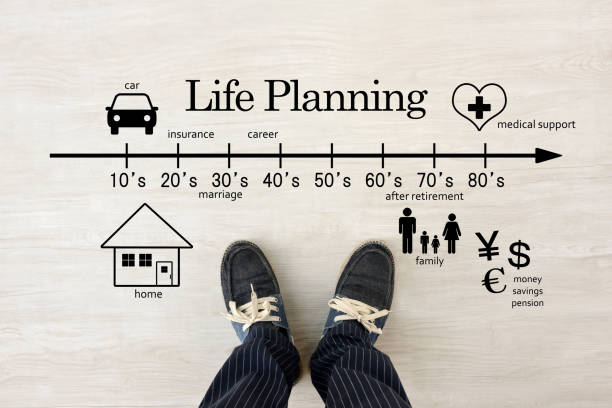Retirement unties you from the chains of workings. You get the freedom to do whatever you want and indulge in your hobbies. It is good to plan out things you would like to do after your retirement, but you should also consider that retirement can also be challenging. It surely does get tiring thinking about pensions, insurance, bills etc. Still, it is necessary to monitor and manage your money well to have all the fun you want in your retirement days without worrying about the finances. We bring you a list of everything you can do to maintain your financial security after retirement.
You must have a proper budget maintained after your retirement. After retirement, it’s time to enjoy the fruits of labor, but it is essential to keep in mind that this fruit is still limited and how you utilize this limited resource depends on you. Sometimes people can go overboard after retirement and spend all their savings. That’s why to avoid this problem, it is better to budget all your expenses so that you will have a determination of how to spend your savings in future.
The next good thing to do after your retirement is to sign up for Medicare. When a person gets old, he is more likely to be open to health risks, like heart attack, joint pains, or other emergencies. That is why it is suggested that the elderly should sign up for Medicare. Signing up for Medicare can be beneficial as it will cover certain medical-related expenses instead of paying from your saving. Medicare will also provide hospital insurance for inpatient and particular follow-up care. Not only that, but with the popularity of the business of telemedicine, Medicare also includes its benefits.
Medicare is available for people over the age of 65. However, the age can be younger for people who have certain disabilities. However, if you are under the health plan at work, your Medicare is already sorted. But if that is the case, you can check which one would cost you less and go with that to reduce your expenses.
Another thing that is already included in an individual’s financial projections for retirement is social security. When taking social security, you need to consider different factors to know if you will get full or reduced benefits.
It is essential to know the perfect timing to get your social security because it can affect your finances when you decide to take it. If you decide to retire earlier, your percentage of social security would be less than when you decide to retire late.
Insurances are an excellent investment once you get older. However, it is better that you get them earlier than when time passes and you get older. The older you get, the more the insurance would cost you because you will be more likely to claim the insurance in the insurer’s eye. However, this might seem like an expense, but it is excellent to cover half of your finances in future when you need it the most, like medical insurance, travel insurance, life insurance etc.
These insurances have many benefits. The payouts from these insurances can help you settle your outstanding debts and mortgages. Getting life insurance is a sound idea because it will protect your family and loved ones depending on you, after you die. While we are on the topic of death, we all know that it is inevitable. That’s why you have to manage the cost of a funeral that can be done quickly by getting life insurance for people over 80. People over 80 do not need life term insurance. That’s why older people get this insurance to cover their funeral expenses most of the time.
Conclusion:
Retirement is a fun time where you get to enjoy the rest of your life without worrying about work, but it is only fun until you have enough assets. That is why it is vital to manage your finances before and even after retirement. Although the situation for everyone is not the same, with the tips mentioned above, you can cut down your expenses and have a sound and relaxing time after retirement.













Leave A Comment